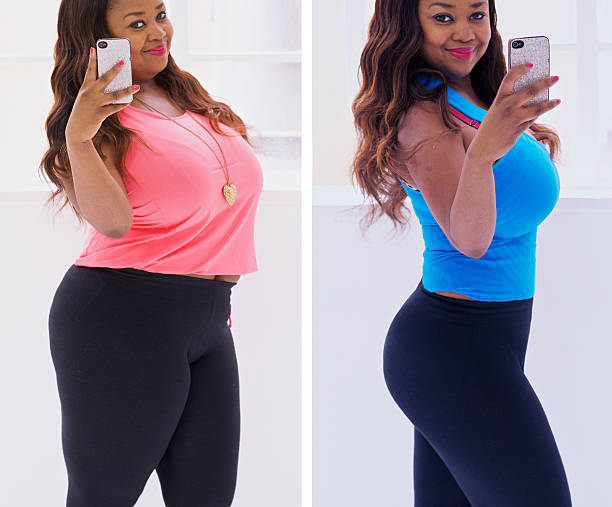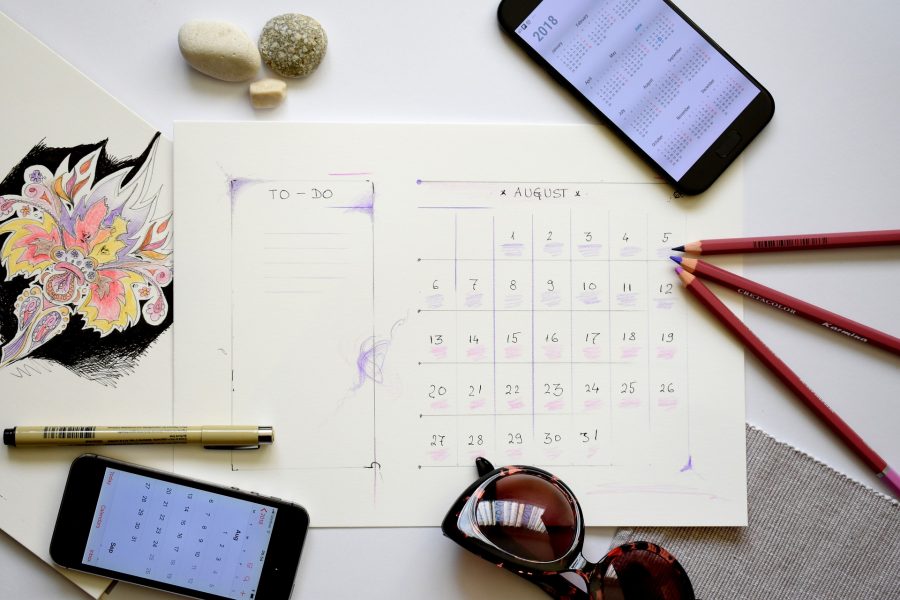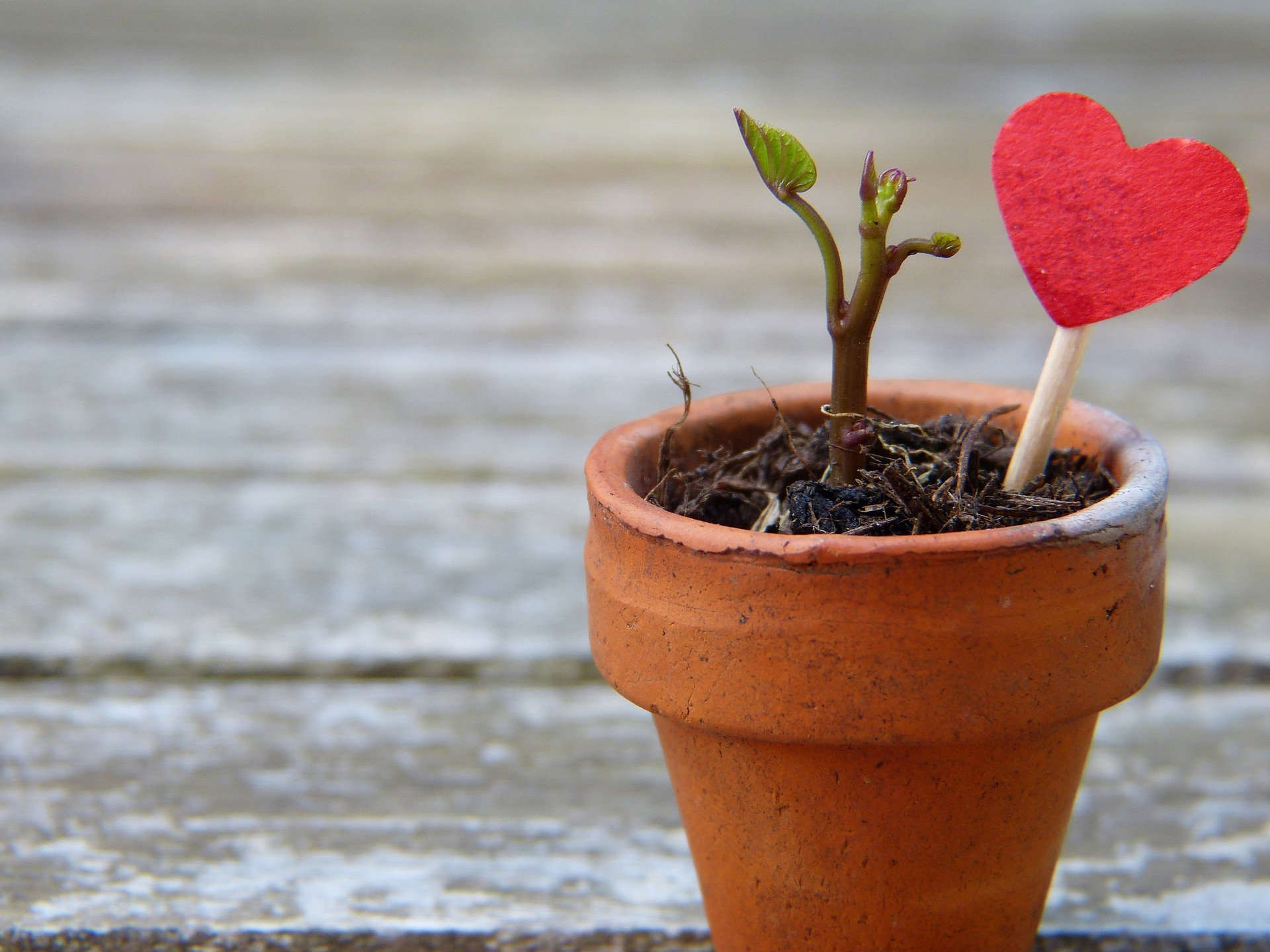I am a Bristol-based Hypnotherapist and Counsellor and I have been running my practice for over 10 years. I have helped many clients make the changes they really wanted to make; overcome obstacles, they had never imagined they could; and find an inner calm they never thought possible.

“[Tamzin] has been a source of calm in my life which I desperately needed.” (Esther)
One such change is a goal strived by many, achieved by few, and something that has caused some people a lot of unhappiness, which is the matter of “weight loss”. Whilst this is not my preferred term, it is a familiar language to those who have been on and off this treadmill for years.
My reason for objecting to these two words is multifaceted, one such reason is the language, the word “loss” has many negative associations: most people do not like to “lose” things, whether their purse, their mobile phone, their keys, their job, etc, it generates discomfort, why should it be any different for weight?

In hypnotherapy, we work with the unconscious mind, whose job is always to protect you, it notices that when you lose things you usually feel unhappy and so it will do its best to protect you from feeling unhappy, and so forth from losing weight.
Consequently, when in the “I want to lose weight” mindset it’s almost as if you are telling your unconscious to keep the weight. This thought can be worsened further by adding the word “try“. If you find yourself thinking or saying “I am trying to lose weight” this can be like a double blow to the unconscious mind, because not only are you preparing to keep the weight, but the word “try” is usually used when we expect or assume failure, i.e. we make an unconscious association between the word try and the feeling of failure, so it becomes a self-fulfilling prophecy.
Therefore, when it comes to “losing weight”, some more helpful thoughts could be along the lines of: “I am managing my weight better”; “I am looking forward to/I am, feeling healthier, lighter, happier”; “I have improved/am improving, my eating patterns”; “I am developing a much healthier relationship with food”, etc. I hope in using these thoughts you can see and feel different about your own “weight management” journey.
When I am helping clients manage their weight better, the main focus is not so much on the number of pounds, stones, kilo’s they lose, although we may keep this in mind, especially for those who are very numbers-driven. But instead, the focus is on helping the client to change their mindset, and to help them feel better, about their size, their weight, and most importantly, themselves. Shifting the mindset is the key to successful, and sustainable weight loss.
We also address the relationship the client has with themselves and also with food, their “foodtionship” if you will: This massively important factor, is often overlooked in many traditional, and modern diet-based weight loss plans, and a crucial reason why many diets do not work for the long term.
When it comes to hypnotherapy the aim is to break down unhealthy eating patterns, and nurture a healthy relationship with food; build confidence and self-esteem, and empower you to take back control. With all this in place, you’ll be able to see how easy it is to reach your goal and make a long-term transformation to feel proud of, your only regret may be that you wished you had done it sooner.
Read on for 6 Top Weight Loss tips that you can do yourself…

“I have lost over 1.5 stones. I feel good, I have more energy, and I am looking forward to the rest of my weight coming off.” (Anon)
The 6 Top Tips which can add real value to your weight management journey
- There’s no such thing as “forbidden foods” or “bad food” – Outside of those foods which actually are poisonous, or those which you are allergic to, or intolerant of, the only meaning food has, is the meaning you give to it. This is your mindset. Changing the way you think and feel about food can change your mindset.
- Focus on what you like about yourself NOT what you don’t like – Once you start to show some self-love, your body and mind will start to love you back. When this synchronicity takes place you will find you eat less anyway.
- Give yourself permission to eat what you want (as long as it is not poisonous, of course) – By giving yourself this permission, you instantly eliminate FOMO (Fear Of Missing Out), feelings of deprivation, and the BIG one… GUILT.
- Only eat when your body is hungry - this takes practice because first, we have to recognise the difference between feeling thirsty and feeling hungry, then we have to teach our body the difference (the body confuses feelings of hunger and thirst). If you are unsure about whether that “pang” is hunger or thirst, have a glass of water first, then wait 20 minutes to see if the “hunger” goes away.
- Eat your food mindfully and slow down – really allow yourself to experience your food with all your senses, not just taste, but smell, look, feel, etc. Put your knife and fork down before mouthfuls, be conscious of your food and your eating experience. This will help you control your portions, and the pace at which you eat, which also gives your tummy time to say “stop” when it has had enough. (Did you know it takes about 20 minutes for your body to signal to your brain when it is full?)
- Exercise is a gift to your body, enjoy it! – The right exercise, done in the right way, will relax you, eliminate stress & make you look younger and firmer. (Did you know walking burns as many calories as jogging?)
If you would like to know more about what hypnotherapy can do for you please click this link: www.hypnochange4u.co.uk, or email me at: tamzin@hypnochange4u.co.uk.








 Tip: Check out the wellness tracker. It’s a simple but powerful tool designed to help you remember the promises you make to yourself. As you complete wellness activities your tree will blossom, and so will you!
Tip: Check out the wellness tracker. It’s a simple but powerful tool designed to help you remember the promises you make to yourself. As you complete wellness activities your tree will blossom, and so will you!